Should I?
In an effort to sort out my thoughts, and keep myself sane, I decided that this year I would do my best to write at least one blog post per month dedicated to something other than music (or more specifically, my music). I’m a little late on this first one, but I figure I’ll make it back up by writing two at another point in the year! So here’s the first of 12 “journal entries” for 2017:
I’ve been thinking about this question a lot lately. “Should I?” where “this" could be anything: playing a gig, writing music, creating anything in general, running a business, going to s concert, meeting up with friends, making new friends, etc.
I’ve had this thought running through my head since early on in my college studies. Should I learn this tune or that tune? Should I like this music or that music? Should I play this way or that way for this professor? But what about for that professor?
It was (and still is) a constant and confounding trap. And in the end, extremely frustrating. I was trying to please everyone, and ultimately pleasing no one! Not even myself.
But there was also a part of me that wasn’t going to let any of this get in the way of doing something about moving forward. Want more gigs? Start a band, and get it booked. Want to get called for more sideman gigs? Get better on your instrument. If it’s not undeniable that you should be the first call in your area of specialty, there’s always more work to be done! (not to mention a constant source of inspiration to keep getting better ...)
I’ve been making room in my schedule more lately to focus on reading books. Away from technology, real live books! It’s an amazing difference in concentration and focus than when you’re reading on your iPhone and you get a text message… A few books that have started to shape my thoughts recently are “The War of Art” (Steven Pressfield) and a few of the books by Seth Godin (most recently “The Icarus Deception").
It seems like many times we act on a “Should” because we’re afraid of being minimized by some authority figure if we decide to go another way, or have a different opinion. There’s a voice inside of us that says “will my music even matter to anyone?” or “what will people say about me if I do this?” It’s a striking and paralyzing fear. But the people I look up to follow their hearts. They play the music that matters to them. They express their opinions, share their thoughts, and create real value for people.
All the people that will almost certainly criticize you? It’s not for them. This has been an incredibly powerful tool for me to get past “the resistance” or “the lizard brain” (as Mr. Pressfield and Mr. Godin would refer to it as). You don’t like what I made? That’s fine, I didn’t make it for you. I made it for the 1000’s of other people that are truly enjoying what I made. I tell myself again and again - “it’s not for them”
We have to find our own way. The careers of the people we look up to (especially in this crazy jazz industry) might not be repeatable. The music economy is shifting and changing. We have to change along with it. If you don’t, everything might just pass you by.
It’s not that “should’s” and “want’s” are mutually exclusive. I find that often times they actually overlap quite a lot. I should transcribe this JJ Johnson solo, but I also want to because I want to be a better improvisor and I want to expand my knowledge of this music. But sometimes finding those situations where they aren’t one and the same help us to figure out what we really are looking to do. The music we care about, the way we want to live, the way we present ourselves to the world.
I want to try and do more of the stuff I want to do. I have been pleasing the should’s for long enough.
I think that while you’re in an “apprentice” stage it is VERY important to be open to receiving the information from your instructors, and trying to follow it to the best of your ability. Learning the skills they think will help you, opening up your perspective outside of your own. Being flexible and adaptable to opinions other than where you began from. Learning the full scope of the tradition of your instrument, or your music, or your craft. But at some point, an artist has to go their own way.
I think the journey to that “way” happens gradually. It happens by doing the work and not giving up, despite the criticism, self doubt, and perceived lack of preparedness. Make good work, and make it often. Create value for people. Leave something behind. These are the thoughts I keep in mind every week.
Just remember - “it’s not for them” - it IS for you. it IS for your audience.

